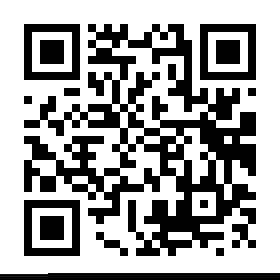Managing a team of employees often leads to working with many different types of people. To effectively communicate with each employee in a way they will understand and will motivate them, it helps to glean a basic understanding of each key player’s personality type. Being able to adapt to each unique personality type one on one will help you get your point across more effectively as well as empower your employees to produce better results.
No two employees are completely alike and a cookie-cutter approach will not work with every employee. In most situations, you will need to adjust your communication methods for each individual. Some employees may overlap traits between personality types while others may strictly fall into one category, however, these three main personality groups should help provide some valuable insight into managing the majority of employees you will encounter:
- Type A. Type A personality employees are not shy about letting their voices be heard and thrive when taking charge in team settings. A hands-off approach is recommended when managing Type A employees as it allows them to self-motivate. Give these employees plenty of opportunities to work towards performance incentives or to place them in leadership positions. Type A personalities are competitive and are driven by personal achievement and recognition.
- Type B. Type B personality employees are social by nature and thrive in collaborative settings. These types of workers excel in positions with high levels of interaction with customers or suppliers to give your company a competitive edge. Make type B personality employees responsible for organizing company events or administering employee surveys. Social acceptance is the key driver for type B personality employees, so keep this in mind when it comes to managing them.
- Type C. Type C personality employees are detail-oriented and love to work behind the scenes. Place these employees in internal processing jobs, such as accounting, auditing, or other data-driven positions. Motivate type C personality employees by giving them the autonomy to solve complex challenges on their own and rely on them when details are the most important factor. Type C personality employees are typically uninterested in leadership positions or socializing and instead prefer and thrive in systematic tasks.
Understanding different personality types can greatly help improve management as well as hiring skills. Recognizing where a particular employee or candidate will thrive is a great step towards company success and employee satisfaction for any business. For more resources on improving your hiring and management skills, contact the business professionals at Staffers, Inc. today!






